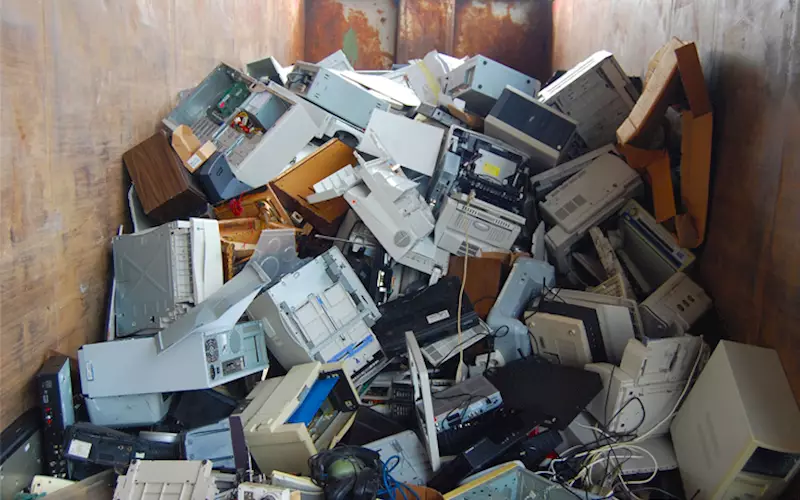Karo Sambhav up in arms over e-waste crisis in India
In order to ensure responsible recycling of e-waste and minimise the presence of metal particles in the air, Karo Sambhav, a Producer Responsibility Organisation (PRO), has joined hands with over 25 electronics brands as well as the government, waste aggregators and consumers.
11 Dec 2019 | By Aultrin Vijay
According to a press note shared with PrintWeek, e-waste burning by informal sectors has significantly contributed to high levels of air pollution in India.
Citing the worst air conditions in Delhi over the past month, the note mentioned that the capital witnessed pollution levels as much as 24 times higher than the World Health Organization-prescribed safe levels and nine times higher than the Indian standard.
The major contribution to this scenario was attributed to illegal burning of e-waste, which is also responsible for exposure of heavy metals to the masses.
Monitoring reports have shown heavy metal concentrations of lead, copper, zinc, nickel and chromium in the air in areas where illegal e-waste burning has been in operation. This is also associated with the occurrence of cardiovascular morbidity namely hypertension, hypoxemia and lung diseases in people who inhale these particles.
Pranshu Singhal, founder, Karo Sambhav, said, “Over the last two years, we have set-up systems to integrate informal players into the formal sector and provide them with the opportunity to responsibly manage e-waste without harming the environment or their health. We are also driving consumer awareness and behavioural change by creating a grassroots-driven collection network, capacity building and knowledge exchange through various alliances like Ministry of Electronics and Information Technology, Goa Waste Management Corporation and so on.”
Karo Sambhav, through its various interventions since 2017, has collected over 7,100mts of e-waste for responsible recycling. Karo Sambhav is one of the first organisations to be authorised as PRO by Central Pollution Control Board.
Through its initiatives, Karo Sambhav has engaged 2,684 schools, 500
Under the E-Waste Management Rules 2016, it is every consumer’s responsibility to recycle their old gadgets. Bulk consumers such as offices and organisations can also become responsible stewards of the environment by disposing of their e-waste through authorised take back channels.











 See All
See All